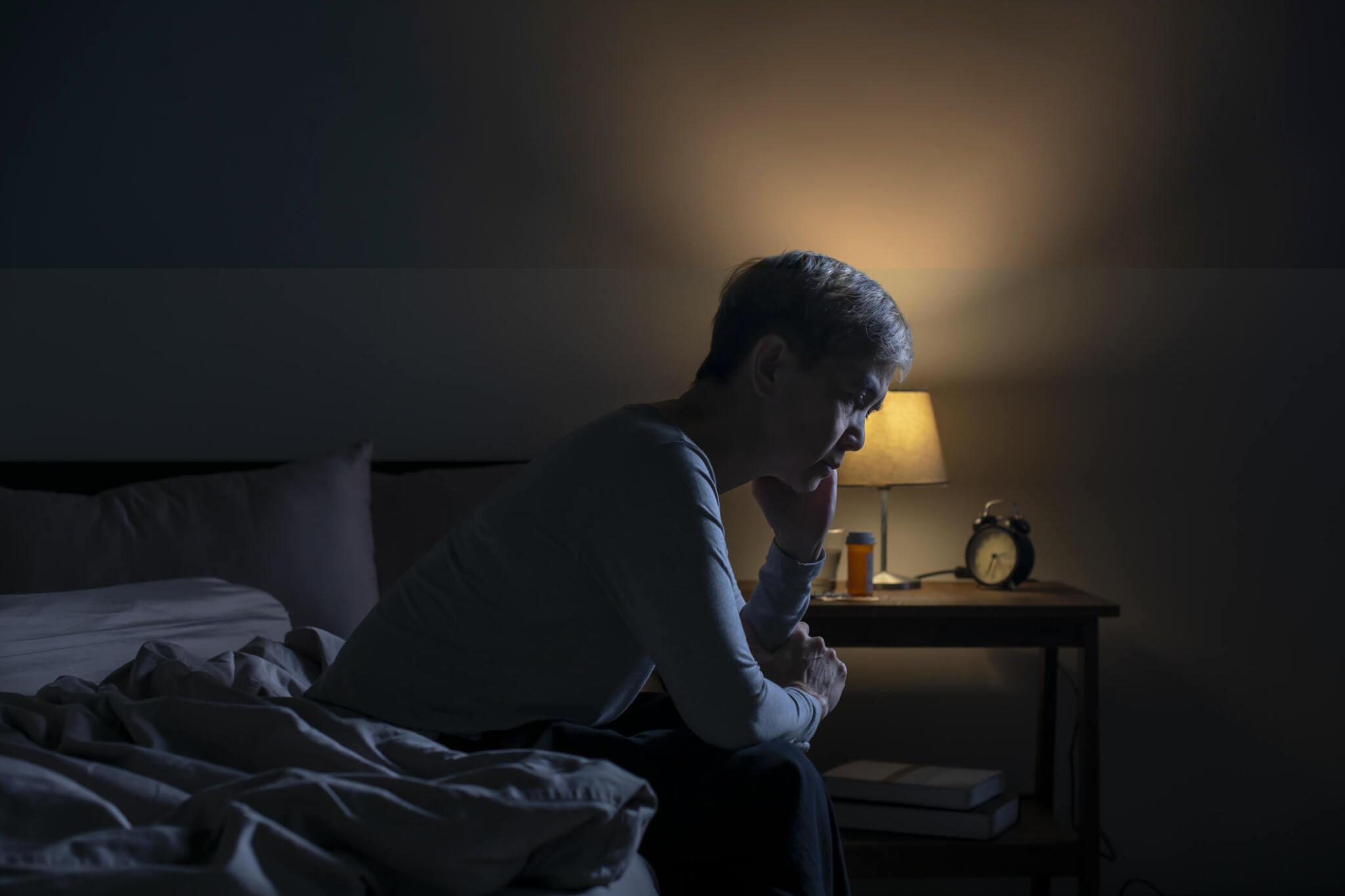When it comes to sleep issues, searching for effective remedies is an age-old quest. One topic that has gained attention in recent times is marijuana. The use of cannabis to improve sleep is a topic of increasing interest, with a range of studies exploring its impact on various sleep disorders and conditions. In this blog, we’ll delve into the question: Does marijuana help you sleep?
Does Marijuana Help You Sleep?
Cannabis appears to have sleep-enhancing properties, especially for individuals dealing with specific conditions such as chronic pain, post-traumatic stress disorder (PTSD), multiple sclerosis, and restless legs syndrome (RLS). A recent study even pointed towards the effectiveness of cannabis in relieving symptoms of RLS. This implies that for some, cannabis might be a key to falling asleep faster, experiencing fewer nighttime disruptions, and achieving an overall improvement in sleep quality.
Many turn to cannabis for self-treating insomnia, anxiety, and pain. While some studies suggest positive outcomes for those with insomnia, the effectiveness of cannabis for sleep remains a bit ambivalent for others. Interestingly, a clear distinction arises between daily users and less frequent, non-daily users. Daily users report more sleep problems, while non-daily users experience fewer issues than daily users and non-users. This dichotomy emphasizes the need for a nuanced understanding of how cannabis affects sleep.
How Does Marijuana Work as a Sleep Aid?
To understand how cannabis influences sleep, it’s crucial to understand its interaction with cannabinoid receptors in the brain. Cannabinoids, the active compounds in cannabis, bind to these receptors, triggering an increase in sleep-promoting adenosine and a suppression of the arousal system in the brain. This dual effect induces a sedated or sleepy feeling, contributing to its potential as a sleep aid.
The two primary cannabinoids in cannabis, THC and CBD, play distinctive roles in sleep regulation. While THC acts as a sedative, it can have a stimulating effect on certain individuals, especially newcomers or those using higher doses. On the other hand, CBD, known for promoting alertness at lower doses, induces sleepiness at higher doses. The combination of THC and CBD may yield varied effects, contingent on the dosage and timing.
Moreover, both THC and CBD exhibit promise in managing chronic conditions that disrupt sleep. THC, for example, may improve sleep for those with chronic pain. CBD, on the other hand, may alleviate symptoms of REM sleep behavior disorder and excessive daytime sleepiness.
Understanding the type of cannabis being used is also crucial to finding a solution for your sleep issues.
PTSD and Poor Sleep: Cannabis Can Help
For individuals grappling with post-traumatic stress disorder (PTSD), the relationship between cannabis and sleep becomes even more intriguing. Short-term cannabis use appears to alter sleep architecture, increasing time spent in deep sleep, the stage associated with feeling refreshed upon waking. However, it decreases the time spent in rapid eye movement (REM) sleep, which is linked to dreaming, emotion processing, and memory consolidation.
For those with PTSD, the reduction in REM sleep might offer benefits by mitigating nightmares, a common and distressing symptom. Studies have indicated that individuals with severe PTSD symptoms and poor sleep are more likely to turn to cannabis for relief.
Talk to a Provider at Pause Pain & Wellness Today
If you’re pondering the question “does marijuana help you sleep?” and contemplating the exploration of cannabis as a potential sleep aid, it becomes crucial to seek guidance from healthcare professionals. The Pause Pain & Wellness team is ready to assist, with clinics across the state. Whether you’re inOxford, Meridian, Flowood/Jackson, Tupelo, Olive Branch, Starkville, Hattiesburg, and Gulfport, our dedicated team can provide the necessary guidance and support. Contact us at 833-940-5060 to embark on a comprehensive discussion about your sleep concerns and potential solutions.

